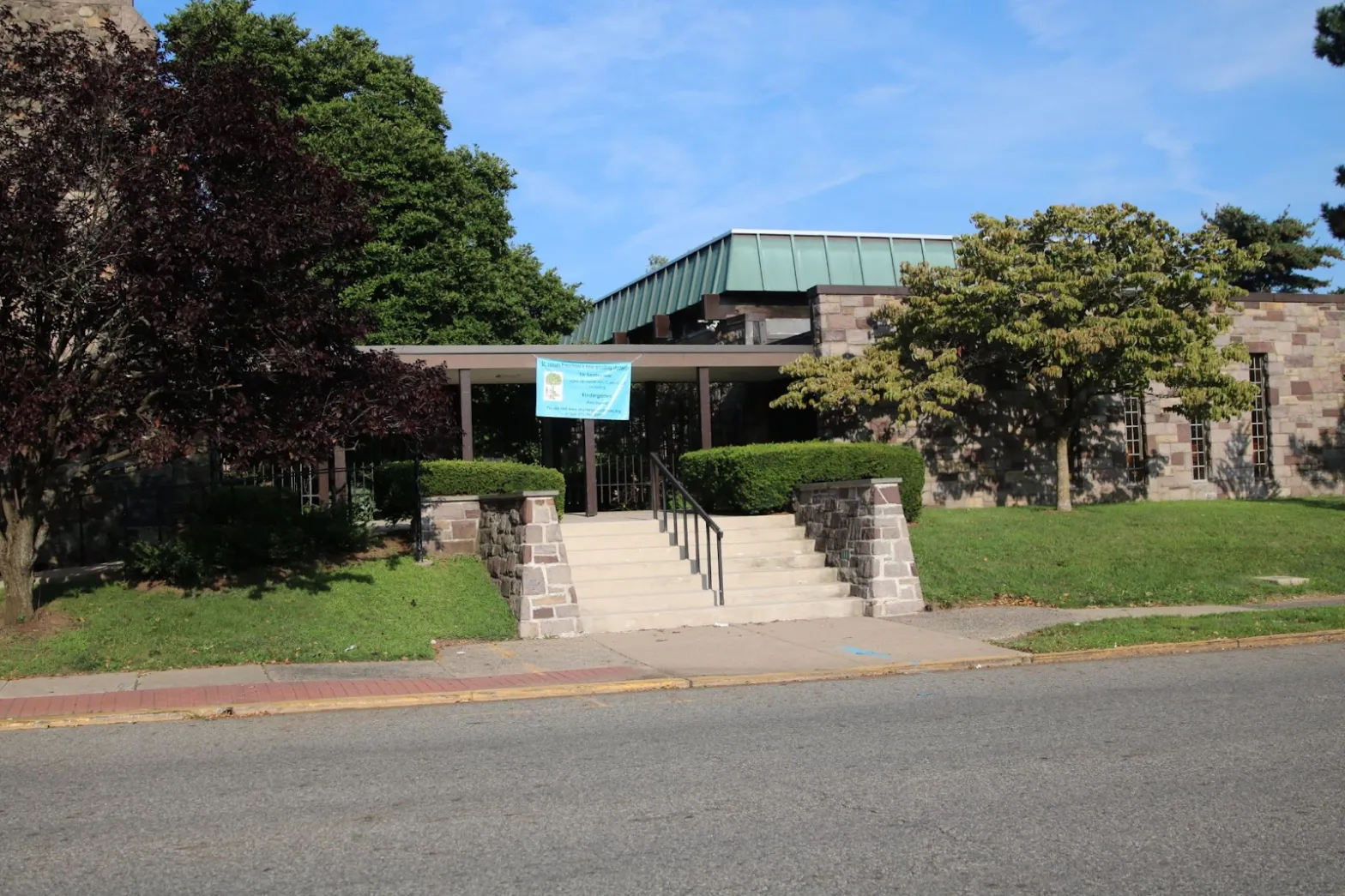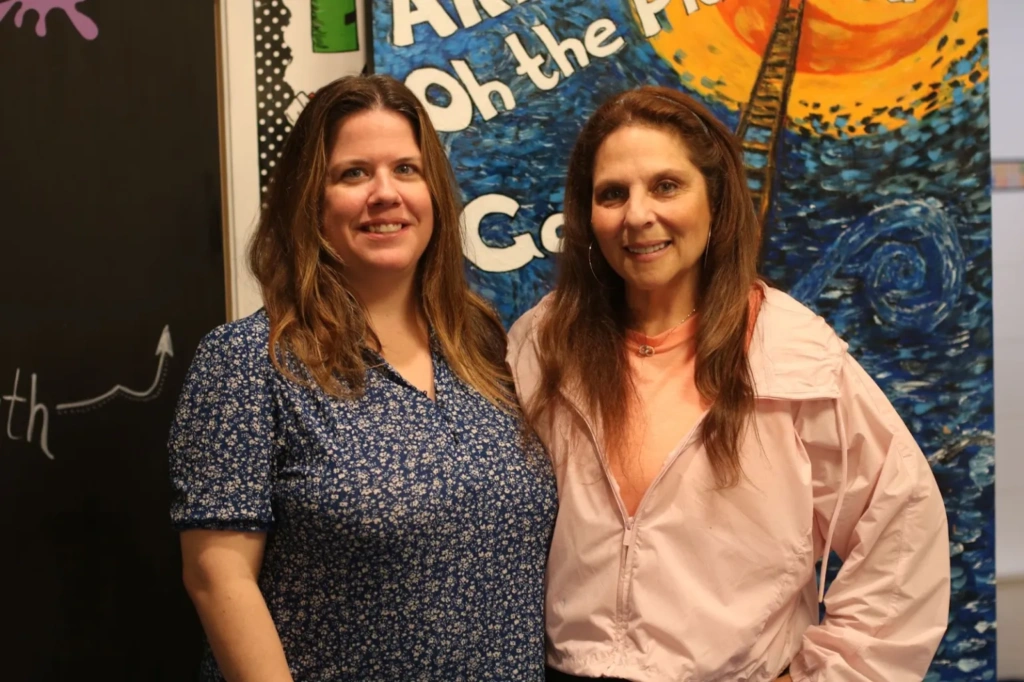
This week, 180 students enrolled in Montclair’s Universal Pre-K program (UPK) will start classes. The impact of the enrollment, doubled from last year, is being felt by a group of private school directors.
Montclair received a $2.17 million grant from the state as part of the Preschool Expansion Aid Program for the 2023-2024 year to keep expanding UPK to 90% of eligible 3- and 4-year-olds and partnering with private preschools in town to give room to the growing number of pre-K students.
This year, the UPK students will be divided into 12 classrooms, with a maximum of 15 students per classroom who will attend full-day classes. In line with a state mandate, the expansion plan is expected to go on for the next five years.
In response to the increase, some preschool directors in town said, despite their support of accessible Pre-K, they feel unheard and left out by the Montclair Public School District with the implementation of the program that started in October of 2022.
Some shared concerns with Montclair Local about the future of their schools, their staff, and the early education of children in Montclair.
A common complaint among the directors and staff of some private schools is when they received notification about the start of the plan from the School District.
These directors said they found out about the UPK plan last year after getting calls from parents who reached out to let them know they were invited to be part of the lottery to be selected to get into the program. The notification from the district came weeks later, when they were informed them of the plan in a virtual meeting.
“Only after the plan was already put in place, we were told that if we wanted to, we could have a partnership,” said Lisa Raphael, owner and director of Park Street Academy.
Reverend Melissa Hall, rector of St. James Preschool in Upper Montclair, shared a similar experience: “I am in full support of free Pre-K. I admire that the town got the grant. The town wants these pre-Ks to be partners. Right now, they feel under siege.”
Lorraine Grasso Confair, director of Over the Rainbow Learning Center, questioned the school district referring to the private schools as partners.
“Partnership would be that people communicate with each other and talk about how they can work together. But in this case, there is no partnership, as far as I can see, except that the town would use our space in our centers, but everything would have to comply with their requirements,” said Confair.

(From left) Christine O’Gara, assistant director of Park Street Academy, and Lisa Raphael, owner and director of Park Street Academy. Despite the lower enrollment in their schools, they have second thoughts about joining UPK. “What if it doesn’t work out? What if it’s not a successful rollout, and we spend all this money participating in the program, and then they scale it back in five years?” said O’Gara.
The Requirements
The program requirements regarding classroom space, teachers’ certification, and curriculum have also raised concerns for local preschool directors.
Raphael told Montclair Local her school is “automatically” disqualified from being a candidate in the free preschool program because most of the classrooms in her school don’t have a bathroom and some classes are held on upper-level floors.
“I have one classroom I need for my two-year-old with a bathroom. For the rest, we use a large bathroom. The school district says you can’t use the second and third floors. If you have a gym upstairs which we use, we can’t use that. What are we supposed to do on rainy days?” said Raphael, adding she would need to undergo significant structural changes to follow the program’s mandates.
The free pre-k program also requires a specific curriculum, Tools of the Mind. The schools that aren’t working with that curriculum already would have to purchase it, train their staff in that curriculum, and purchase the corresponding materials.
Raphael, who opened her school in 1996, said she has no intention of getting a new curriculum when the one she’s been using for years, Common Core, is an effective state-approved curriculum.
“I did not start Park Street to follow somebody else’s curriculum. There’s nothing wrong with ours,” said Raphael. “We want to use our curriculums, which have been preparing our kids to enter public school successfully for years and are developmentally appropriate according to the National Association for the Education of Young Children.”
For other directors, a new curriculum could mean going against the nature of their school. Annie McMahon, co-director and teacher at The Parkside Montessori School, said the program should give more pedagogical options to families.
“There’s no way we could implement what the program offers into our program because it’s different. We can’t make the fit and it will never happen. Montclair is a magnet system; why can’t they do a magnet system for the free pre-K?” McMahon asks.
For Confair, the curriculum selected for the program doesn’t offer adequate learning stimulus to the young students.
“They can’t seem to get the idea that these young children need something different than being prepared to take tests, as opposed to a more open and well-rounded developmental type of program,” said Confair.
Another obstacle for these directors is the requirement for their teachers to get paid public-school salaries and to hold a P-3 certification, a credential that authorizes them to teach all subjects in general education from preschool through third grade.
Directors said the program doesn’t take into account their current teachers’ years of experience and other certifications like continuing education units.
In terms of salary, Rev. Hall, whose school provides full scholarships to low-income families, said there’s a justice issue if one teacher gets paid more than another who does the same thing.
“Let’s say I take one class in the UPK. The teacher must be paid the same salary as a public school teacher. The teacher right next door, teaching the same thing, will make $20,000 less. How do I do that? The answer is, I raise everybody. But we don’t have the money for that. And now, with a drop of 30% in our population, we certainly don’t have the money.”
Lower Enrollment
Hall is one of the directors whose school is starting this year with fewer students. About 20 kids, most of them pre-K age, “a full class,” said Hall of the lower enrollment.
These directors connect these lower numbers to the expansion of the free preschool program. They are concerned that this enrollment change would directly impact maintaining their staff and the future of their business.
Park Street Academy also reported fewer students for this academic year. Raphael said there was a 25% drop in four year olds attending this year. “That’s a lot. My teachers get a raise every year. I don’t know how I’m going to handle that this coming year,” said Raphael.
“It’s striking to me that the state is hitting this particular segment of small businesses without addressing it. We have a double hit. We are women-owned and small businesses and it doesn’t seem to matter to anyone,” said Confair.
Montclair School Districts Responds
Jennifer Finnerty, supervisor of pupil services and Montclair school district’s preschool supervisor, recognized that the private schools were presented with a tight timeline to implement the requirements of the grant.
“Which is the reason we started small,” Finnerty said. “We only started with six classrooms last year because we did not want to overwhelm our partners or ourselves with implementing a new program.”
Finnerty said the grant requirements come from the State of New Jersey and that for the town to receive the universal pre-K grant, any classrooms participating in UPK must follow those requirements.
Finnerty said there isn’t a UPK requirement about having a bathroom in the classroom, but she knows each school has particular challenges if they want to be part of UPK.
“I will continue to go out and speak with directors because we want to ensure that we’re assisting them, but we do also have to follow the grant’s requirements,” Finnerty said.
Private schools with teachers who need to obtain a P3 certificate to be considered for the UPK can apply for grants, according to Finnerty.
“I believe that one of our providers was able to secure some grant funding for teachers. The individual would have to apply for the grants themselves. But they could get individual grants for some of that P3 certification,” said Finnerty.
In response to the lower enrollment in private preschools this year, Finnerty said UPK only covers a full day of six hours. Finnerty said private schools could collect tuition for before and aftercare programs.
This year, two of the 12 classrooms were reserved for students with families that qualified for UPK based on their income and financial needs.
“This is a new process for Montclair and we will continue to review our process every year to see how we are finding students and how we are recruiting families to come into our program. We will continue to do that, to ensure we are being equitable to all,” said Finnerty.
David Cantor, executive director of communications and community engagement at Montclair Public Schools, said the district isn’t looking to pull students out of the area private schools, but added that in 1996, when the Montclair Board of Education decided it could no longer afford prekindergarten after losing state aid, “the hope was always to start it again.”